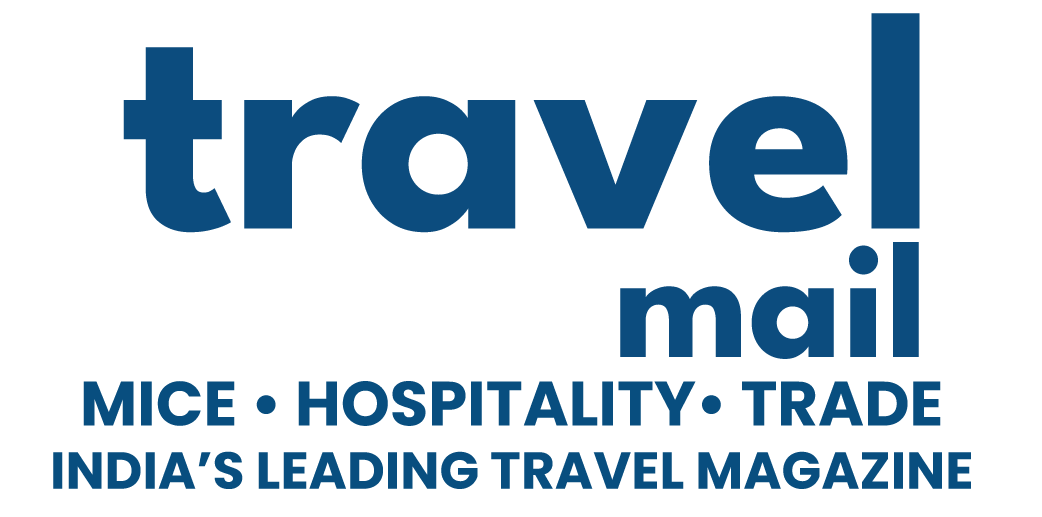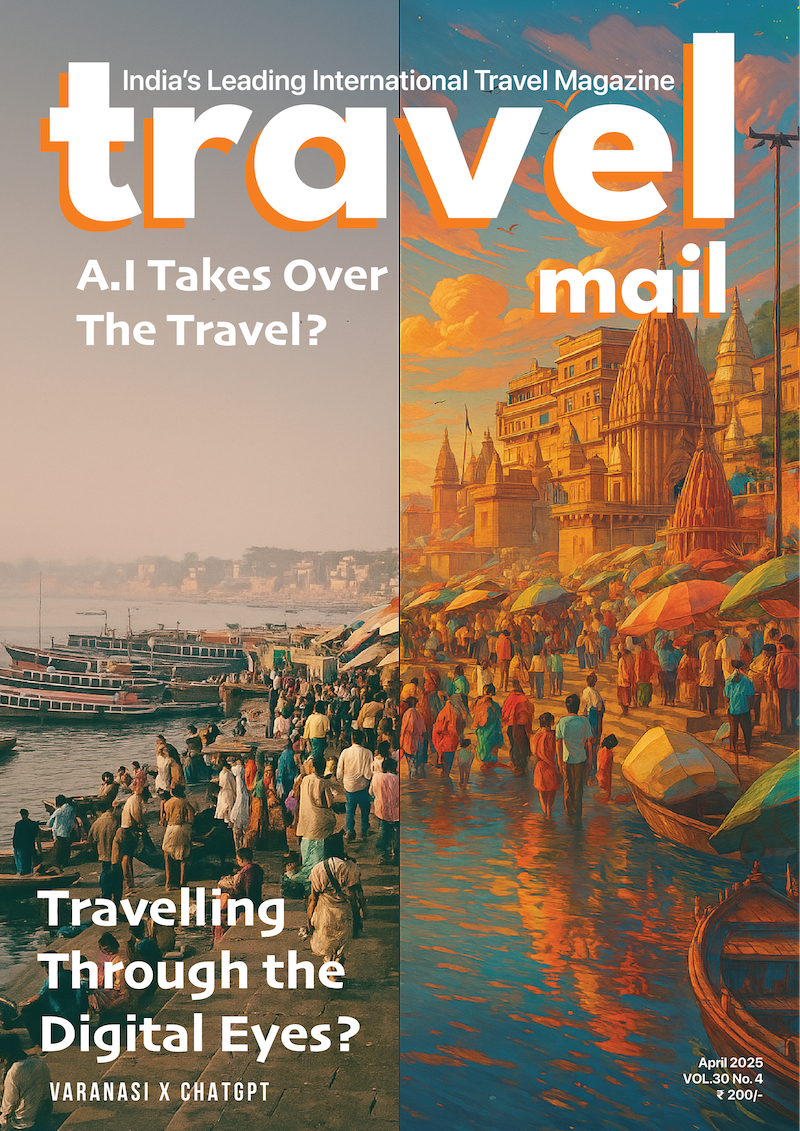With inputs from Chairperson of the Tourism and Hospitality Skill Council (THSC)
As of 2025, travel is no longer only about visiting a destination. It’s about crafting journeys that resonate with individual preferences, aspirations, and emotions. The rise of personalised travel experiences has changed the way we approach vacations, business trips, and even weekend getaways. Travellers today are not ordinary tourists.
They in fact — are storytellers, adventurers, and seekers of unique moments that align with their personalities, inner selves and interests. This growing demand for bespoke travel experiences is reshaping the travel and tourism industry, pushing service providers to innovate, adapt, and reimagine how they cater to their clients. So, what exactly is driving this shift toward tailored itineraries, and what does it mean for travellers and the industry?
A Shift in Traveller Expectations
Gone are the days when standard package tours were used to satisfy travellers. In an era dominated by digital transformation and social media, people are exposed to diverse cultures, cuisines, and destinations like never before. This constant stream of inspiration has fueled a desire for authenticity and exclusivity. Travelers now seek experiences that align with their values and lifestyle, be it wellness retreats, culinary adventures, eco-tourism, or immersive cultural exchanges.
Something that makes this shift even more exciting is that it transcends demographics. From millennials to retirees, the desire for personalised travel is universal. For instance, a family may want a mix of adventure and relaxation, while a solo traveller may prefer a more introspective journey focused on self-discovery.
The Role of Technology in Personalisation
Technology has been a game-changer in the rise of tailored itineraries. Artificial intelligence (AI) and data analytics are enabling travel agents, tour operators, and even airlines to predict and understand traveller preferences with remarkable accuracy. Personalised recommendations for accommodations, activities, and local experiences are just a click away, thanks to algorithms that analyze browsing history, previous bookings, and even social media behaviour.
Additionally, mobile apps and platforms have made it easier for travellers to customise their plans in real time. Right from altering a route, adding a new destination, or upgrading an experience, technology ensures seamless adaptability. This level of personalisation is not a luxury anymore — instead, it’s an expectation.
The Role of Travel Agents in a Personalised Era
While technology plays a pivotal role, the human touch in crafting personalised travel experiences remains irreplaceable. Travel agents, particularly those at the grassroots level, are becoming consultants and curators rather than mere booking facilitators. They bring invaluable insights about destinations, cultural nuances, and hidden gems that no algorithm can replicate.
Travel agents today are leveraging technology to enhance their services, but their ability to build relationships and understand clients’ unspoken desires sets them apart. Their expertise lies in weaving together a traveller’s unique preferences into an itinerary that feels effortless yet extraordinary.
Sustainability & Tailored Travel
Personalised travel experiences also provide an opportunity to promote sustainable tourism. Through curating itineraries that highlight lesser-known destinations and involve local communities, the industry can reduce the strain on overcrowded hotspots while offering travellers a richer, more authentic experience.
For example, instead of a generic visit to a famous landmark, a tailored itinerary might include a guided tour by a local historian or a hands-on workshop with artisans from the region. These experiences not only create meaningful connections but also sustainably contribute to the local economy.
Challenges in Delivering Personalisation
While the rise of tailored itineraries is undoubtedly exciting, it comes with its own set of challenges. Personalisation requires a deep understanding of individual preferences, which means collecting and managing large amounts of data. Ensuring data privacy and security is a significant concern that travel companies must address. Additionally, the industry faces the challenge of balancing customisation with scalability. Tailored experiences often demand more resources, time, and expertise, making them more expensive to deliver.
However, with advancements in technology and innovative business models, these barriers are gradually being overcome. Moreover, the emphasis on skilling and upskilling by leaders in management alongside the Hon’ble Prime Minister of India’s determination to strengthen India’s stance as a global superpower is making personalisation and incredible custom experiences, a norm.
Why Personalisation is Here to Stay
The move toward personalised travel experiences is not a passing trend. Instead, it’s a fundamental shift in the way we approach travel. In a world where time is often more valuable than money, travellers are willing to invest in experiences that truly matter to them. They want journeys that feel like an extension of who they are, rather than a pre-packaged product designed for the masses.
Personalisation is like ticking the boxes from your checklist, where achievements feel authentic and crafted keeping you at the centre. The rise of tailored itineraries is proof of the industry’s ability to adapt to changing expectations. It’s a reminder that travel is not confined to seeing the world — it’s about connecting with it on a deeply personal level.
Read more at Travel Mail | Follow us on Facebook | Twitter | and Instagram for on-the-go news


